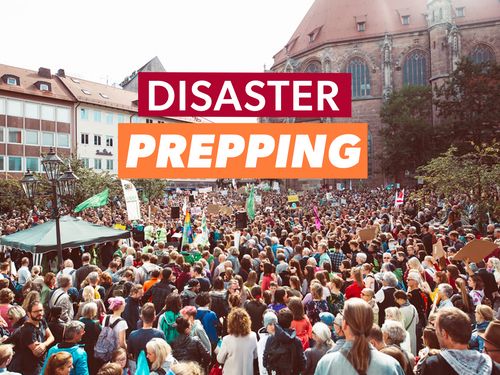Why are we so bad at preparing for disasters?
May 20, 2020 · 4 mins read
0
Share

We know what to do, and don’t do it
New Orleans was lucky. In September 2004, Hurricane Ivan threatened to overcome the city. The city’s mayor begged people to leave before it hit. The roads out were jammed and the airport was closed. But then Ivan changed direction, and the city was spared.
Save
Share
Ivan could not have been a better warning about the need for careful planning for future mass flooding. US disaster agency FEMA had already counted a New Orleans hurricane one of the three most likely US catastrophes.
Save
Share
Yet only 11 months later, in 2005, hundreds of the city’s residents would die as it became inundated in Hurricane Katrina. Given the likelihood a big flood would happen sometime, why was more not done to plan and prepare?
Save
Share
Genuine ‘black swan’ events are relatively rare. Most events can be imagined, predicted, and planned for. The real problem is that we fail to act on what we know may happen.
Save
Share
The world had been thinking about pandemics for years, and we had the experience from Sars and Ebola - but we still failed to prepare for a new strain of coronavirus. Governments had not stocked up on protective clothing or masks. There was no mass testing regime ready for rolling out.
Save
Share
In 2015, Bill Gates gave a TED Talk, “The Next Outbreak? We’re Not Ready”. By the end of 2019 it had been watched by 2.5 million people. In 2018, The Atlantic published a piece by science journalist Ed Young, “The Next Plague Is Coming: Is American Ready?”
Save
Share
The Global Preparedness Monitoring Board, convened by the WHO and the World Bank, had warned that a pandemic “akin to the scale and virulence of the one in 1918 would cost the modern economy $3 trillion”.
Save
Share
Each outbreak of a deadly flu like Sars had provoked a flurry of efforts to contain it, “followed by a collective shrug of the shoulders”, says FT writer Tim Harford. The world simply didn’t want to countenance a full-blown pandemic that could kill many in rich countries and devastate the world economy.
Save
Share
Harford interviewed epidemiologist Dr Natalie McDermott in February 2020 (before Covid-19 became widespread). She told him it would be impossible to contain Covid, and that it could kill 1% of the population. He did nothing: did not buy masks for his family, sell his shares, or stock up on food.
Save
Share
Harford admits: “The step between recognising the problem and taking action was simply too great”. But why are we like this? In short, thinking biases.
Save
Share
0